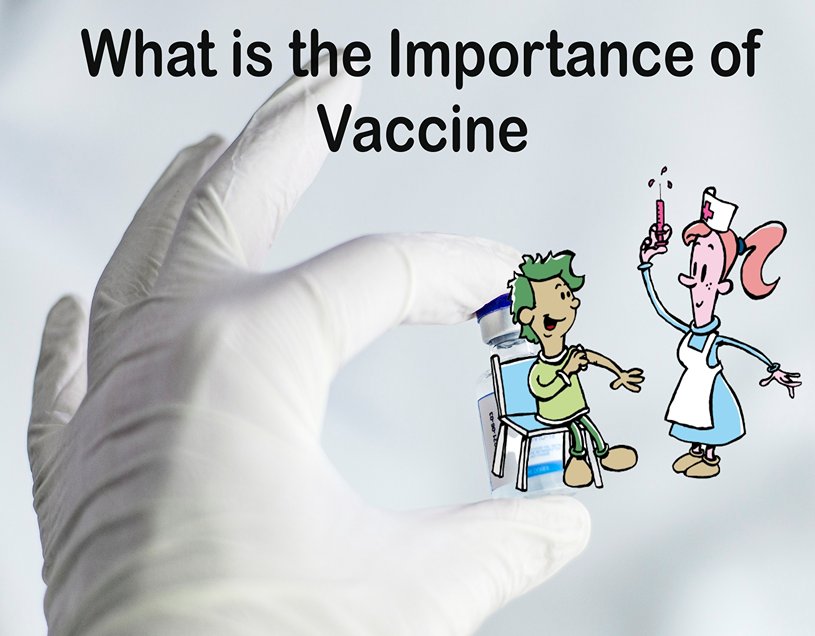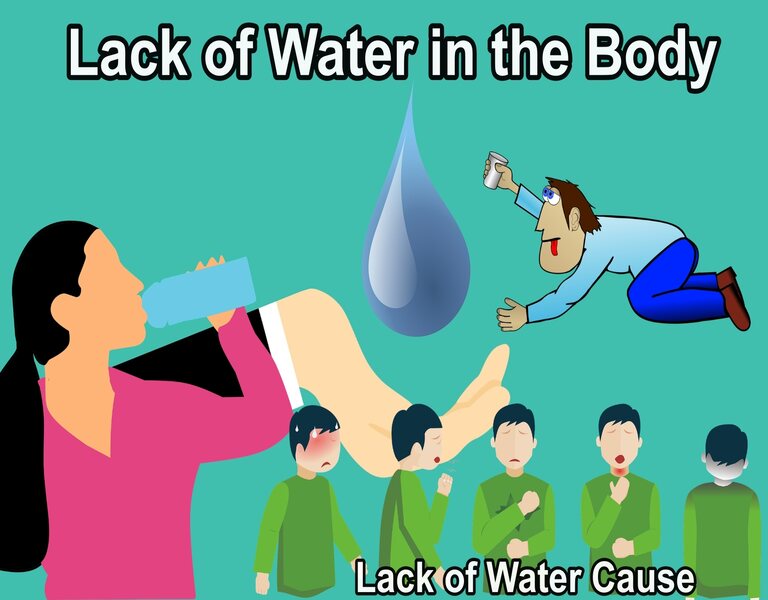What is the Importance of Vaccine
Vaccines have revolutionized the way we approach infectious diseases. They have saved countless lives and prevented the serious illness in millions of people worldwide. Vaccines are a vital tool in promoting public health, and their importance cannot be overstated. What is the Importance of Vaccine – Examples of Vaccines
First and foremost, vaccines protect us from serious and sometimes deadly diseases. When we receive a vaccine, it stimulates our immune system to produce antibodies that can recognize and fight off the disease-causing pathogens if we are exposed to them in the future. This means that if we are vaccinated, we are much less likely to get sick or to spread the disease to others.
One of the most significant achievements of vaccines is their role in controlling and even eradicating many infectious diseases. Smallpox, for example, was eradicated worldwide through a vaccination campaign, and many other diseases, such as polio and measles, have been greatly reduced in incidence thanks to vaccines. Vaccines not only protect individuals who receive them but also contribute to herd immunity, which occurs when a significant portion of a population is vaccinated. What is the Importance of Vaccine – Examples of Vaccines
Vaccines also have economic benefits. They reduce the costs of treating infectious diseases, such as hospitalization and medication costs, as well as the indirect costs of missed work and school days. The savings from vaccine-preventable diseases are substantial, and the benefits extend beyond just the individual receiving the vaccine.
There has been some misinformation and skepticism about vaccines in recent years. Some people believe that vaccines are not necessary, or that they are even harmful. The benefits of vaccines far outweigh any potential risks or side effects.
Vaccines are an essential tool in promoting public health and preventing the spread of disease. They protect us from serious and sometimes deadly diseases, contribute to herd immunity, and have significant economic benefits. It is important to trust the science behind vaccines and to make sure that everyone has access to them. Vaccines are a critical component of our public health system, and we should all be grateful for the protection they provide.
The benefits of vaccines mentioned earlier, they also play a critical role in preventing the emergence and spread of new strains of infectious diseases. For example, the flu vaccine is updated every year to account for new strains of the virus that are expected to circulate. By vaccinating against these new strains, we can prevent the virus from spreading and reduce the overall impact of the flu. What is the Importance of Vaccine – Examples of Vaccines
Vaccines can have a significant impact on global health. Many vaccine-preventable diseases are still prevalent in developing countries, leading to high rates of illness and death. By providing vaccines to these populations, we can reduce the burden of disease and improve the health outcomes of people around the world.
Another important aspect of vaccines is their ability to prevent long-term health consequences of some infectious diseases. For example, the human papillomavirus (HPV) vaccine can prevent cervical cancer, a serious and potentially deadly disease that can develop as a result of HPV infection. Vaccines can also prevent complications of other diseases, such as pneumonia or meningitis, that can lead to long-term health problems.
Vaccines can help us get back to normal after a pandemic. In the case of COVID-19, vaccines have been developed and are being distributed globally to protect people against the virus. Vaccination efforts have the potential to reduce the number of cases, hospitalizations, and deaths, and allow us to return to pre-pandemic activities, such as travel and in-person gatherings.
Vaccines are one of the most important tools we have in promoting public health and preventing the spread of infectious diseases. They protect individuals from serious illness, contribute to herd immunity, have significant economic benefits, and can prevent the emergence and spread of new strains of diseases. Vaccines are an essential component of our global health efforts, and their importance cannot be overstated.
Another important point to consider is that vaccines are not just for children. Vaccination is a lifelong process, and adults also need to receive certain vaccines to stay protected against diseases. For example, adults need to receive a tetanus vaccine every ten years to prevent tetanus, a serious bacterial infection that can cause muscle stiffness and spasms, breathing difficulties, and even death. What is the Importance of Vaccine – Examples of Vaccines
Vaccines also play a critical role in reducing health disparities. Certain populations, such as older adults, pregnant women, and people with underlying health conditions, are more susceptible to infectious diseases and their complications. Vaccines help protect these vulnerable populations and reduce health disparities.
Another significant benefit of vaccines is that they are a cost-effective way to prevent diseases. The cost of preventing a disease through vaccination is much lower than the cost of treating the disease, including medical expenses, hospitalization, and lost productivity. Vaccines can save individuals and societies significant amounts of money in healthcare costs and lost wages.
Vaccines are a critical tool in maintaining global health security. The spread of infectious diseases knows no borders, and a disease outbreak in one part of the world can quickly become a global crisis. Vaccines play a crucial role in preventing the spread of diseases and mitigating the impact of pandemics. What is the Importance of Vaccine – Examples of Vaccines
Vaccines are important for preventing diseases, protecting vulnerable populations, reducing health disparities, saving money, and maintaining global health security. Vaccination is a crucial public health measure that benefits individuals and societies alike. We must continue to invest in vaccine research and development, as well as education and outreach efforts to ensure that everyone has access to vaccines and understands their importance.
One more important benefit of vaccines is their role in preventing antibiotic resistance. Antibiotic resistance occurs when bacteria develop resistance to antibiotics, making it difficult or impossible to treat infections. Overuse and misuse of antibiotics have contributed to the rise of antibiotic-resistant infections. Vaccines can help prevent the spread of infectious diseases, reducing the need for antibiotics and the development of antibiotic resistance.
Vaccines are continually being developed and improved to increase their effectiveness and safety. Scientists and researchers are constantly working to develop new vaccines, improve existing ones, and study the long-term effects of vaccines. This ongoing research ensures that vaccines remain a safe and effective way to prevent diseases.
It is also essential to note that vaccines are not just a personal choice but a social responsibility. By getting vaccinated, individuals not only protect themselves but also protect those around them who may be unable to receive vaccines due to age or medical conditions. Vaccines protect the entire community by reducing the spread of diseases, creating herd immunity, and preventing outbreaks. What is the Importance of Vaccine – Examples of Vaccines
Vaccines provide peace of mind. Vaccination can reduce the fear and anxiety that come with the risk of contracting a potentially deadly disease. When individuals and communities are protected by vaccines, they can enjoy better physical and mental health, increased productivity, and a higher quality of life. What is the Importance of Vaccine – Examples of Vaccines
Vaccines are essential for preventing diseases, protecting vulnerable populations, reducing healthcare costs, maintaining global health security, preventing antibiotic resistance, and providing peace of mind. Vaccination is a critical component of public health efforts, and it is crucial to prioritize access to vaccines for all individuals, regardless of their socioeconomic status or geographic location. Vaccines are a safe and effective way to protect ourselves and our communities, and we must continue to support their research, development, and distribution. What is the Importance of Vaccine – Examples of Vaccines













